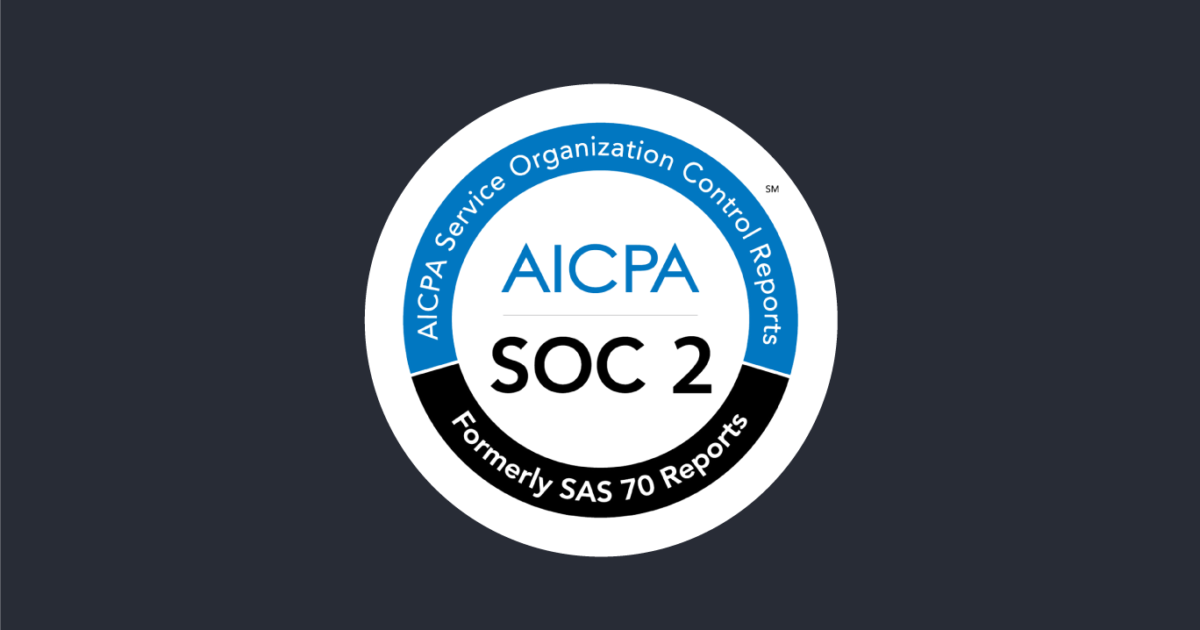SOC 2: Pros and Cons

The SOC 2 framework is a set of standards and guidelines developed by the American Institute of Certified Public Accountants (AICPA) for evaluating the effectiveness of an organization's controls related to security, availability, processing integrity, confidentiality, and privacy. It is designed to help organizations demonstrate the adequacy of their controls to customers, partners, and regulatory bodies.
Many organizations choose to undergo a SOC 2 audit as a way to demonstrate the effectiveness of their controls and to improve their overall security posture. However, like any framework or standard, there are both pros and cons to consider when deciding whether or not to undergo a SOC 2 audit.
Pros:
- Demonstrates the effectiveness of controls: A successful SOC 2 audit demonstrates to customers, partners, and regulatory bodies that an organization has effective controls in place to protect sensitive information and maintain the availability and integrity of its systems.
- Improves security posture: By implementing the controls required for a SOC 2 audit, organizations can significantly improve their security posture and reduce the risk of data breaches, cyber attacks, and other security incidents.
- Builds trust with customers and partners: Undergoing a SOC 2 audit can help build trust with customers and partners by demonstrating the organization's commitment to security and its willingness to undergo a rigorous independent assessment of its controls.
- Enhances credibility: A successful SOC 2 audit can enhance an organization's credibility and reputation by demonstrating its commitment to security and its ability to protect sensitive information.
- Demonstrates commitment to security: Undergoing a SOC 2 audit demonstrates to customers, partners, and regulatory bodies that an organization is committed to security and has taken the necessary steps to protect sensitive information.
- Improves security posture: By implementing the controls required by the SOC 2 framework, organizations can significantly improve their security posture and reduce the risk of data breaches, cyber attacks, and other security incidents.
- Increases customer confidence: A successful SOC 2 audit can help increase customer confidence in an organization's security practices and encourage them to do business with the organization.
- Can be a requirement for certain industries or customers: Some industries, such as healthcare and financial services, may require organizations to undergo a SOC 2 audit as a condition of doing business. Similarly, some customers may require a SOC 2 audit as a condition of purchasing products or services from an organization.
Cons:
- Can be time-consuming and resource-intensive: Preparing for a SOC 2 audit can be a complex and time-consuming process, requiring the allocation of significant resources to implement and maintain the necessary controls.
- Requires ongoing maintenance: The SOC 2 framework is designed to evaluate the effectiveness of controls over a specific period of time. This means that organizations must continually review and update their controls to ensure that they are effective and aligned with the latest best practices. This requires ongoing maintenance and resources.
- May not be applicable to all organizations: The SOC 2 framework is designed to evaluate the effectiveness of controls related to security, availability, processing integrity, confidentiality, and privacy. This may not be relevant to all organizations, particularly those that do not handle sensitive information or have a low risk of security incidents.
- May not cover all relevant controls: SOC 2 framework is designed to be scalable and flexible to accommodate the needs of different types and sizes of organizations. As a result, it may not cover all relevant controls for every organization.



